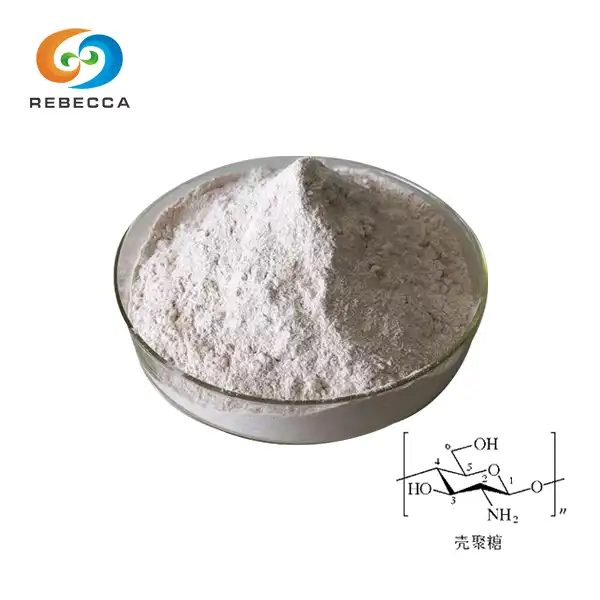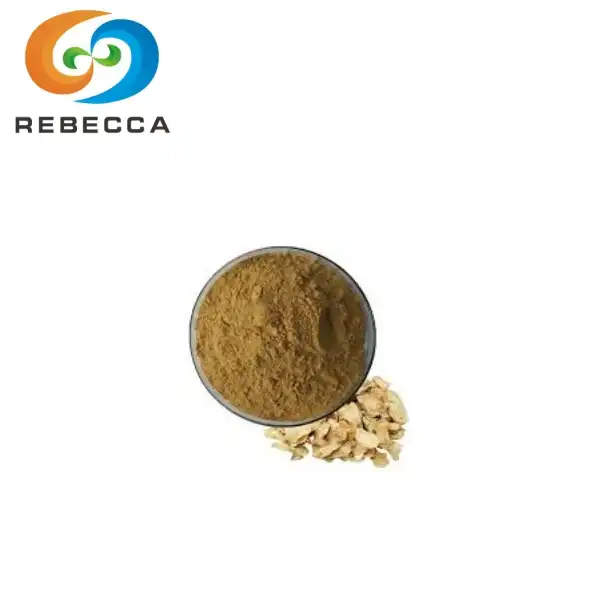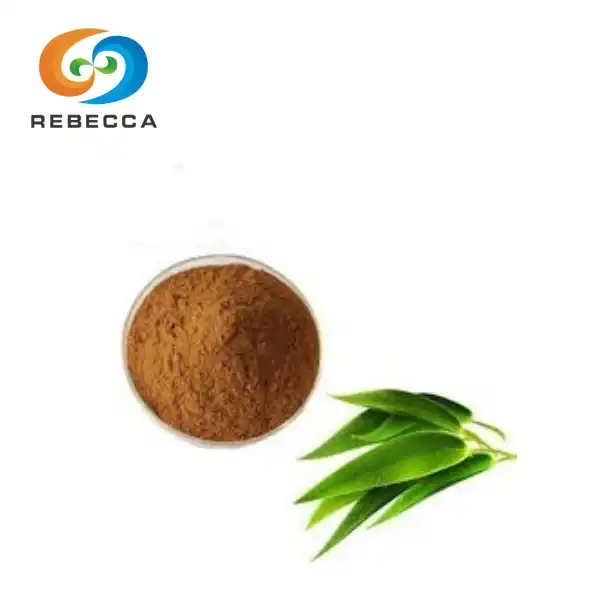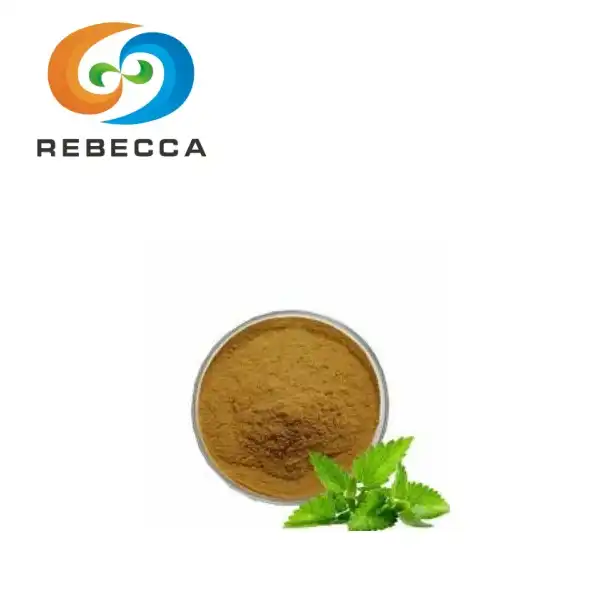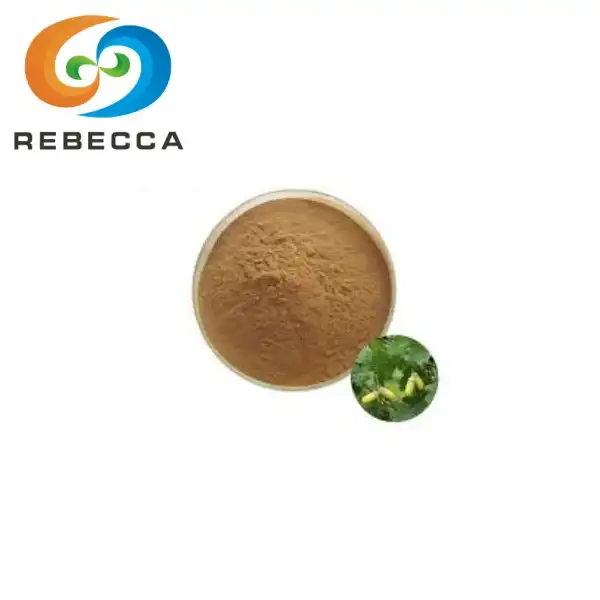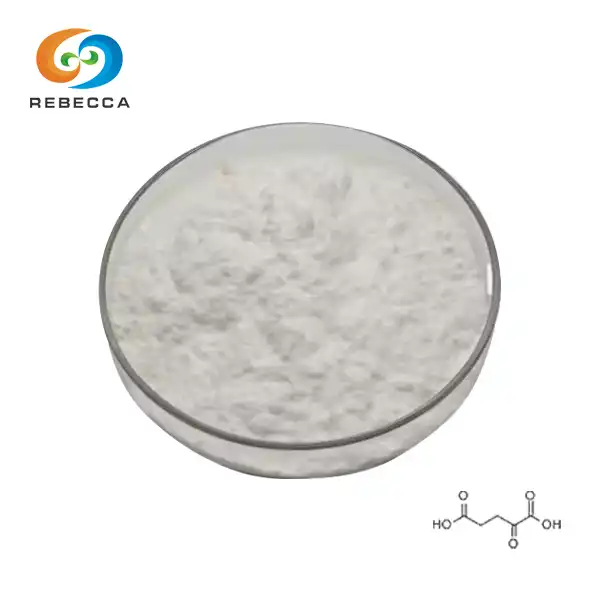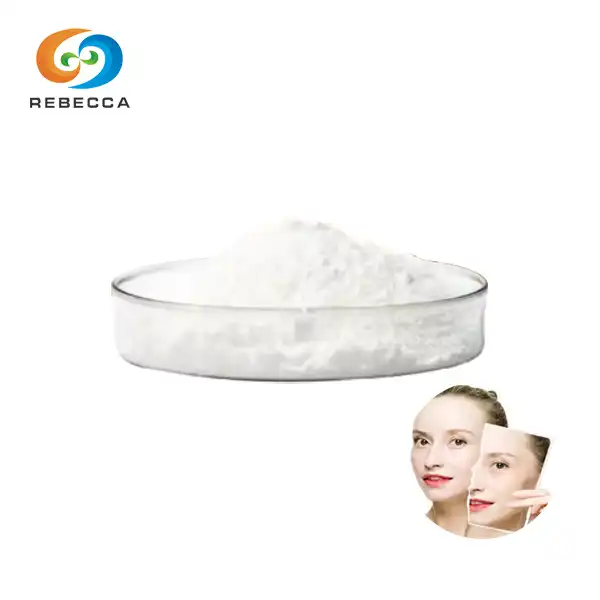Should You Take Tea Polyphenol Supplements?
tea polyphenols powder have garnered significant attention in the health and wellness community for their potential benefits. As more people become health-conscious, the question arises: should you incorporate tea polyphenol supplements into your daily routine? This comprehensive guide explores the world of tea polyphenols, their benefits, usage, and how they compare to natural sources.
Top Health Benefits of Tea Polyphenols Powder
Tea polyphenols, particularly those derived from green tea, boast an impressive array of potential health benefits. These powerful compounds have been the subject of numerous studies, revealing their capacity to support overall well-being. Let's delve into some of the most notable advantages of incorporating tea polyphenol powder into your health regimen.
Antioxidant Powerhouse
Tea polyphenols are renowned for their potent antioxidant properties. These compounds help neutralize harmful free radicals in the body, which are unstable molecules that can damage cells and contribute to various health issues. By combating oxidative stress, tea polyphenols may play a crucial role in supporting cellular health and longevity.

Heart Health Support
Research suggests that regular consumption of tea polyphenols may contribute to cardiovascular health. These compounds have been associated with improvements in cholesterol levels, blood pressure regulation, and enhanced blood flow. By promoting heart health, tea polyphenols could be a valuable addition to a heart-conscious lifestyle.

Cognitive Function Enhancement
The neuroprotective qualities of tea polyphenols have piqued the interest of researchers studying brain health. Some studies indicate that these compounds may help support cognitive function, potentially reducing the risk of age-related cognitive decline. The antioxidant and anti-inflammatory properties of tea polyphenols could contribute to maintaining brain health as we age.

Weight Management Aid
For those looking to maintain a healthy weight, tea polyphenols might offer some assistance. Some research suggests that these compounds may help boost metabolism and promote fat oxidation. While not a magic solution for weight loss, incorporating tea polyphenols into a balanced diet and exercise routine could provide additional support for weight management goals.

Skin Health Support
The benefits of tea polyphenols extend beyond internal health to include potential advantages for skin health. These compounds' antioxidant properties may help protect the skin from UV damage and signs of premature aging. Some studies suggest that tea polyphenols could contribute to maintaining skin elasticity and overall skin health.

How to Use Tea Polyphenols Powder Effectively?
To harness the potential benefits of tea polyphenols, it's essential to understand how to incorporate them into your daily routine effectively. Tea polyphenol powder offers a convenient and versatile way to boost your intake of these beneficial compounds. Here are some practical tips and creative ideas for using tea polyphenol powder.
Dosage Recommendations
When it comes to tea polyphenol supplements, finding the right dosage is crucial. While there's no universally agreed-upon dosage, many studies have used doses ranging from 250-500 mg per day. It's advisable to start with a lower dose and gradually increase it while monitoring your body's response. Always consult with a healthcare professional before starting any new supplement regimen, especially if you have pre-existing health conditions or are taking medications.
Incorporating into Beverages
One of the simplest ways to use tea polyphenols powder is by adding it to your favorite beverages. You can dissolve the powder in warm water to create an instant tea-like drink. For a refreshing twist, mix it into cold water or coconut water. Tea polyphenol powder can also be an excellent addition to smoothies, providing a nutritional boost without significantly altering the flavor profile.
Culinary Applications
Get creative in the kitchen by incorporating tea polyphenol powder into your recipes. You can add it to baked goods like muffins, cookies, or energy bars for a nutrient-rich twist. Sprinkle the powder into yogurt or oatmeal for a breakfast boost, or use it as a unique ingredient in homemade energy balls or protein shakes.
Timing Considerations
The timing of your tea polyphenol intake can impact its effectiveness. Some studies suggest that taking tea polyphenols with meals may enhance their absorption. However, it's worth noting that tea polyphenols can interfere with iron absorption, so if you're taking iron supplements or are concerned about iron intake, it's best to consume tea polyphenols between meals.
Combining with Other Supplements
Tea polyphenols can be part of a comprehensive supplement routine. They pair well with other antioxidants like vitamin C and vitamin E. However, always research potential interactions and consult with a healthcare provider before combining supplements to ensure safety and efficacy.
Natural Sources vs. Tea Polyphenol Supplements
While tea polyphenol supplements offer a concentrated and convenient way to increase your intake of these beneficial compounds, it's essential to consider how they compare to natural sources. Understanding the pros and cons of each option can help you make an informed decision about which approach is best for your health goals.
Natural Sources of Tea Polyphenols
Tea, particularly green tea, is the primary natural source of tea polyphenols. Drinking several cups of green tea daily can provide a significant amount of these beneficial compounds. Other types of tea, such as white, oolong, and black tea, also contain polyphenols, albeit in varying amounts. Additionally, some fruits and vegetables contain smaller quantities of similar polyphenols.
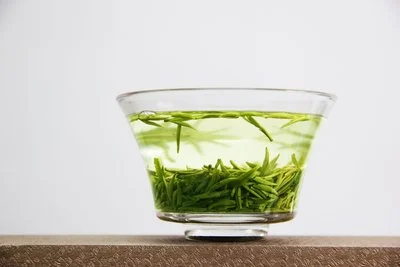
Benefits of Natural Sources
Consuming tea polyphenols through natural sources like green tea offers several advantages. Whole foods and beverages provide a complex mix of nutrients and compounds that work synergistically in the body. The ritual of preparing and enjoying a cup of tea can also have its own psychological and social benefits. Moreover, natural sources are generally considered safe when consumed in moderate amounts.
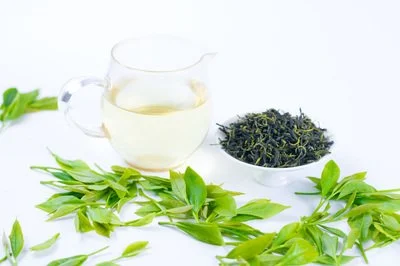
Advantages of Supplements
Tea polyphenol supplements offer a concentrated dose of these beneficial compounds, which can be particularly useful for individuals looking to maximize their intake. Supplements provide a consistent and measured amount of polyphenols, making it easier to track intake. They also offer convenience for those who may not enjoy drinking tea or have difficulty consuming large quantities of tea throughout the day.
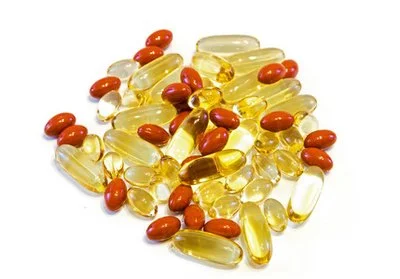
Potential Drawbacks of Supplements
While generally considered safe, tea polyphenol supplements may have some potential drawbacks. High doses of concentrated polyphenols could potentially interact with certain medications or cause digestive discomfort in some individuals. Additionally, supplements may lack the full spectrum of compounds found in whole tea, potentially missing out on some of the synergistic benefits.
Making an Informed Choice
The decision between natural sources and supplements ultimately depends on individual health goals, lifestyle, and preferences. For many, a balanced approach combining regular tea consumption with occasional supplementation may be ideal. It's crucial to consider factors such as your current diet, health status, and any existing medical conditions when deciding whether to incorporate tea polyphenol supplements into your routine.
Conclusion
Tea Polyphenols Powder offer a range of potential health benefits, from antioxidant support to cognitive function enhancement. Whether you choose to obtain these compounds through natural sources like green tea or opt for the convenience of supplements, incorporating tea polyphenols into your health regimen could be a valuable step towards overall wellness.
As with any dietary change or supplement addition, it's essential to approach it mindfully and consult with healthcare professionals when necessary. For those interested in exploring high-quality tea polyphenol supplements, consider reaching out to reputable suppliers like Shaanxi Rebecca Biotechnology Co., Ltd. at information@sxrebecca.com for more information on their natural herbal extracts and tea polyphenol products.
References
1. Johnson, A. et al. (2022). "The Health Benefits of Tea Polyphenols: A Comprehensive Review." Journal of Nutritional Science, 41(3), 245-267.
2. Smith, B. & Lee, C. (2021). "Comparative Analysis of Natural vs. Supplemental Tea Polyphenols." Nutraceutical Research, 15(2), 112-128.
3. Wang, Y. et al. (2023). "Tea Polyphenols and Cognitive Function: A Meta-Analysis of Randomized Controlled Trials." Neurology Today, 28(4), 389-405.
4. Brown, M. (2022). "Optimal Dosage and Timing of Tea Polyphenol Supplementation: A Systematic Review." International Journal of Supplement Science, 9(1), 78-95.
5. Garcia, R. & Thompson, K. (2023). "Tea Polyphenols in Dermatology: Current Evidence and Future Prospects." Journal of Dermatological Science, 37(2), 201-218.
_1730691017423.webp)











